Description
Efnisyfirlit
- Contents
- Preface
- Guided Tour
- Acknowledgements
- Chapter 1 Teachers, Teaching and Educational Psychology
- In the Classroom
- Introduction
- National Standards of Attainment and Every Child Matters
- Do Teachers Make a Difference?
- What is Good Teaching?
- Ask the Ed. Psych.
- The Role of Educational Psychology
- The Contents of This Book
- Summary Table
- In the Classroom: What Would They Do?
- Part 1 Learners
- Chapter 2 Cognitive Development and Language
- In the Classroom
- A Definition of Development
- Piaget’s Theory of Cognitive Development
- Vygotsky’s Sociocultural Perspective
- Implications of Piaget’s and Vygotsky’s Theories for Teachers and Facilitators of Children’s L
- The Development of Language
- Ask the Ed. Psych.
- Summary Table
- In the Classroom: What Would They Do?
- Chapter 3 Personal, Social and Emotional Development
- In the Classroom
- Physical Development
- Freud: Stages of Individual Development
- Attachment Theory
- Erikson: The Individual and Society
- Bronfenbrenner: The Social Context for Development
- Self-Concept: Understanding Ourselves
- Diversity and Identity
- Emotional and Moral Development
- Ask the Ed. Psych.
- Summary Table
- In the Classroom: What Would They Do?
- Chapter 4 Learner Differences and Learning Needs
- In the Classroom
- Individual Differences in Intelligence
- Ability Differences and Teaching
- Learning Styles and Preferences
- Inclusion
- The Most Common Challenges
- Less Prevalent Problems and More Severe Disabilities
- Learners Who Are Gifted and Talented
- Ask the Ed. Psych.
- Summary Table
- In the Classroom: What Would They Do?
- Chapter 5 Culture and Diversity
- In the Classroom
- Today’s Diverse Classrooms
- Economic and Social Class Differences
- Ethnic and Racial Differences
- Ask the Ed. Psych.
- Girls and Boys: Differences in the Classroom
- Language Differences in the Classroom
- Creating Culturally Responsive Schools
- Diversity in Learning
- Summary Table
- In the Classroom: What Would They Do?
- Part 2 Learning and Motivation
- Chapter 6 Behavioural Views of Learning
- In the Classroom
- Understanding Learning
- Early Explanations of Learning: Contiguity and Classical Conditioning
- Operant Conditioning: Trying New Responses
- Applied Behaviour Analysis
- Behavioural Approaches to Teaching and Management
- Observational Learning and Cognitive Behaviour Modification: Thinking about Behaviour
- Problems and Issues
- Diversity and Convergence in Behavioural Learning
- Summary Table
- In the Classroom: What Would They Do?
- Chapter 7 Cognitive Views of Learning
- In the Classroom
- Elements of the Cognitive Perspective
- The Information Processing Model of Memory
- Long-Term Memory: The Goal of Teaching
- Ask the Ed. Psych.
- Metacognition
- Becoming Knowledgeable: Some Basic Principles
- Summary Table
- In the Classroom: What Would They Do?
- Chapter 8 Complex Cognitive Processes
- In the Classroom
- Learning and Teaching about Concepts
- Problem Solving
- Creativity and Creative Problem Solving
- Developing Expert Pupils: Learning Strategies and Study Skills
- Ask the Ed. Psych.
- Teaching for Transfer
- Summary Table
- In the Classroom: What Would They Do?
- Chapter 9 Social Cognitive and Constructivist Views of Learning
- In the Classroom
- Social Cognitive Theory
- Applying Social Cognitive Theory
- Cognitive and Social Constructivism
- Applying Constructivist Perspectives
- Ask the Ed. Psych.
- Looking Back at Learning
- Summary Table
- In the Classroom: What Would They Do?
- Chapter 10 Motivation in Learning and Teaching
- In the Classroom
- What is Motivation?
- Needs: Competence, Autonomy and Relatedness
- Goal Orientations and Motivation
- Interests and Emotions
- Beliefs and Self-Schemas
- Motivation to Learn in School
- Ask the Ed. Psych.
- Conclusions: Strategies to Encourage Motivation and Thoughtful Learning
- Summary Table
- In the Classroom: What Would They Do?
- Chapter 11 Engaged Learning: Cooperation and Community
- In the Classroom
- Introduction
- Social Processes in Learning
- Collaboration and Cooperation
- The Classroom Community
- Violence in Schools
- Ask the Ed. Psych.
- Community Service Learning
- Summary Table
- In the Classroom: What Would They Do?
- Part 3 Teaching and Assessing
- Chapter 12 Creating Learning Environments
- In the Classroom
- The Need for Organisation
- Creating a Positive Learning Environment
- Ask the Ed. Psych.
- Maintaining a Good Environment for Learning
- The Need for Communication
- Summary Table
- In the Classroom: What Would They Do?
- Chapter 13 Teaching for Learning
- In the Classroom
- The First Step: Planning
- Teaching
- Ask the Ed. Psych.
- Teacher Expectations
- Pupil-centred Teaching
- Summary Table
- In the Classroom: What Would They Do?
- Chapter 14 Standardised Testing
- In the Classroom
- Measurement and Assessment
- Ask the Ed. Psych.
- What Do Test Scores Mean?
- Types of Standardised Tests
- Issues in Standardised Testing
- New Directions in Assessment
- Summary Table
- In the Classroom: What Would They Do?
- Chapter 15 Classroom Assessment
- In the Classroom
- Formative and Summative Assessment
- Getting the Most from Traditional Assessment
- Assessment for Learning
- Ask the Ed. Psych.
- Alternatives to Traditional Assessments
- Effects of Grading on Pupils
- Summary Table
- In the Classroom: What Would They Do?
- Glossary
- A
- B
- C
- D
- E
- F
- G
- H
- I
- J
- K
- L
- M
- N
- O
- P
- R
- S
- T
- U
- V
- W
- Z
- References
- Index
- A
- B
- C
- D
- E
- F
- G
- H
- I
- J
- K
- L
- M
- N
- O
- P
- Q
- R
- S
- T
- U
- V
- W
- Y
- Z

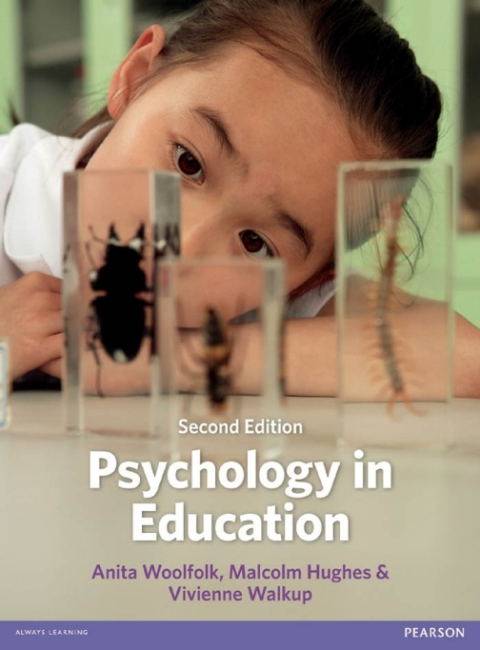
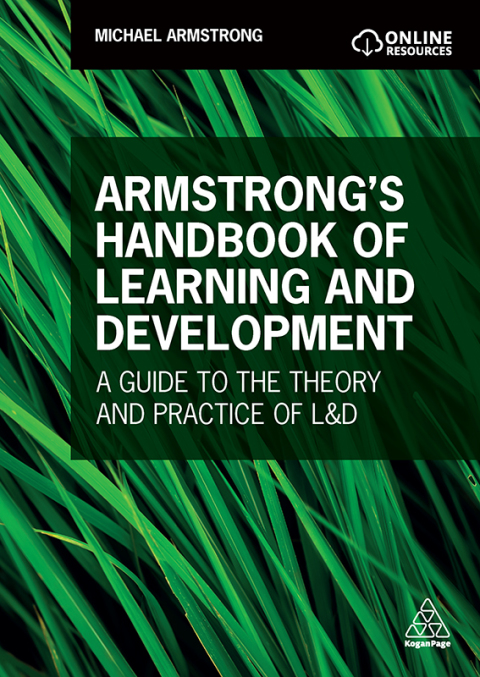
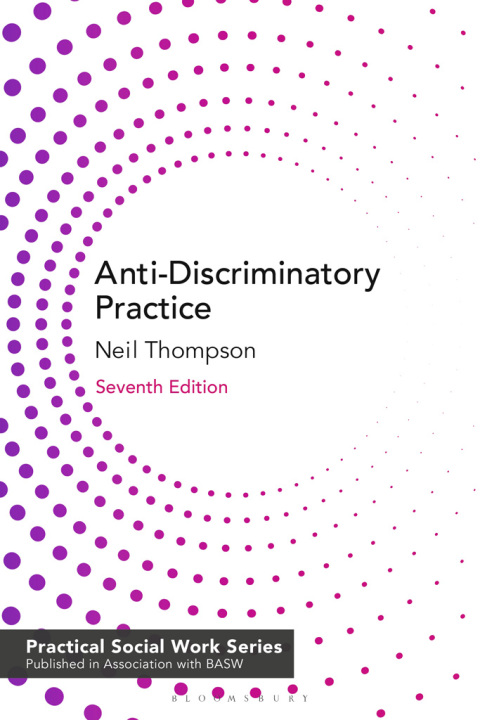
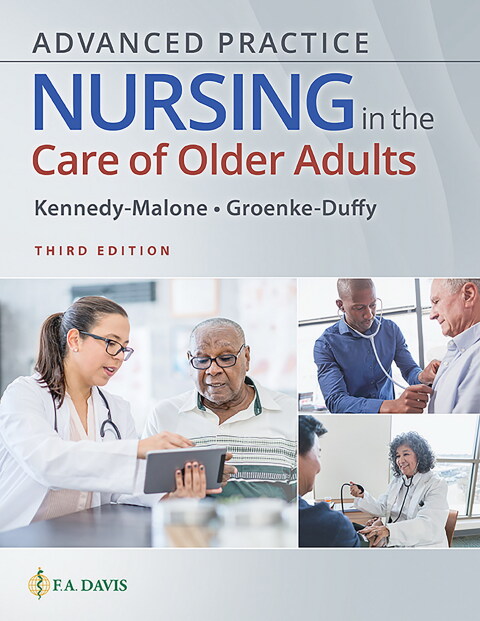

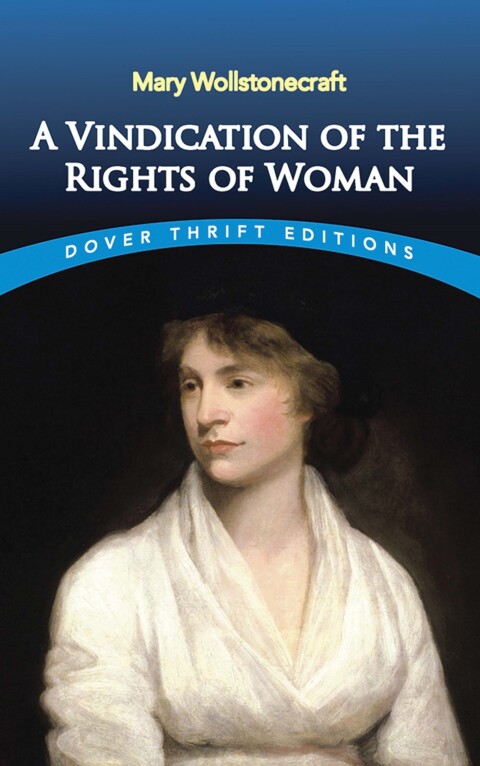
Reviews
There are no reviews yet.